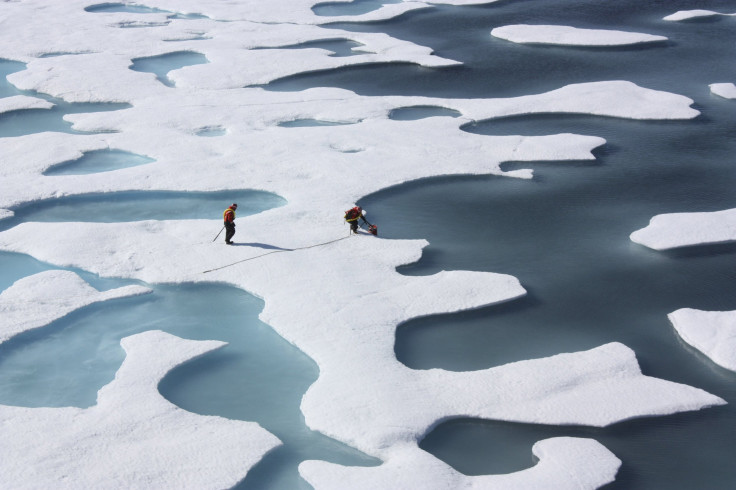Earth Science Week, a precursor to the Paris Conference in November

Geoscience Australia is set to host Earth Science Week Australia celebrations, being held from Oct 11 to 17. This annual event, just ahead of the Paris conference in November 2015, reminds us of our environmental impact and emphasises the need for stricter remedial measures to fulfill the country's climate change commitments.
Earth science is described as any of the sciences dealing with a part or whole of the earth. This includes meteorology, geology, oceanography and glaciology, among others. The planet has undergone massive changes in the past millennium. The need to keep the home planet healthy and slow down the effects of industrialisation is at its peak.
A cursory look through recent environmental occurrences shows the extent of human impact on the composition and quality of life on Earth. First and foremost is the ozone layer depletion which accelerated post industrialisation of now developed economies. Its long-term impact, determined by earth sciences, has prompted world leaders to take action. The Conference of Parties in Paris in November 2015 will be a landmark step in determining climate change commitments of major emitters.
Second, rapid deforestation that still remains largely unchecked has been the leading cause of habitat destruction and extinction of thousands of flora and fauna. Burgeoning human population has had an overall disastrous impact on the health of the planet – causing catastrophic weather-related events, environmental pollution as well as destroying the Earth’s carbon sink.
Third, indiscriminate resource utilisation is fast depleting the Earth’s coffer of resources while simultaneously contributing to greenhouse gas emissions and climate change. Even alternate extraction measures such as hydraulic fracturing, also known as “fracking,” are responsible for massive resource depletion and groundwater contamination, according to the Environmental Protection Agency.
The contribution of earth sciences in understanding human impact is an important first step in taking remedial action. Earth Science Week is therefore an opportune time to understand the rapid and oft alarming changes the planet is undergoing. It gives a chance to reflect on public involvement, climate change priorities and realign policy decisions.
Contact the writer at feedback@ibtimes.com.au, or let us know what you think below





















